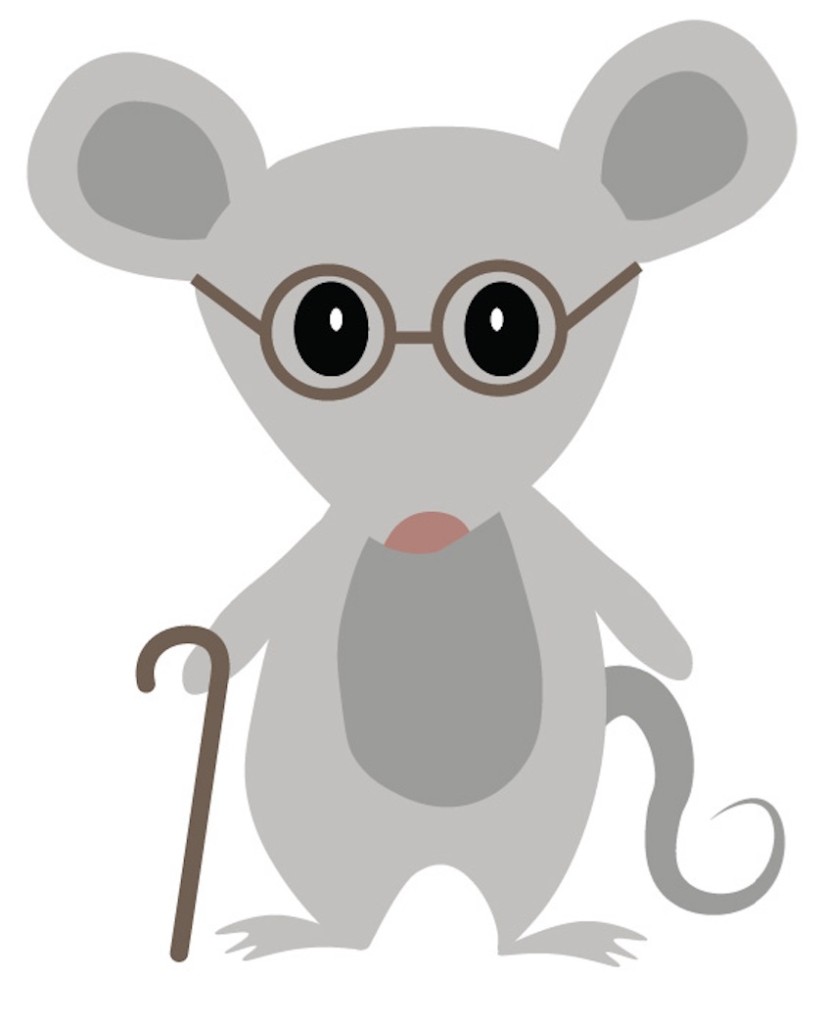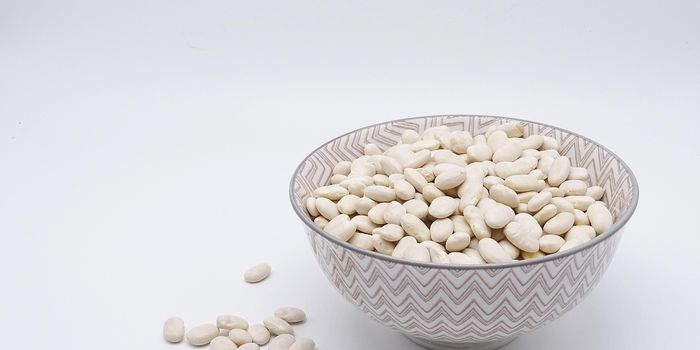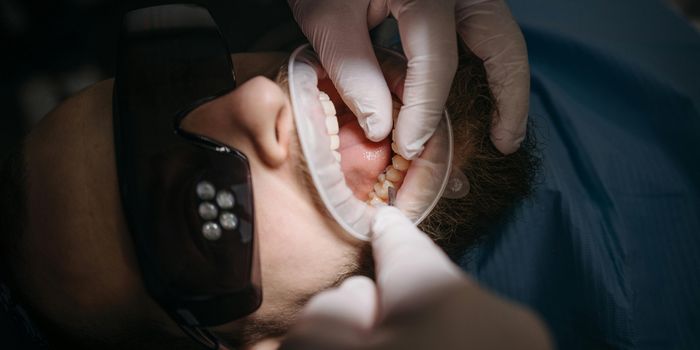Restoring The Fountain of Youth
According to a study published in Nature Communications, a drug treatment that aided the immune system in eradicating old cells in aging mice assisted in the restoration of youthful characteristics. The research study, performed at the Weizmann Institute of Science and led by Professor Valery Krizhanovsky and Dr. Yossi Ovadya in the Molecular Cell Biology Department, sheds new light onto aging science.
Watch this video below to learn more about the science of aging:
The study began onto an investigation on how the immune system is involved in clearing senescent cells (old cells) that result in complications if left hanging around the body too long. For one, senescent cells are cells that are not actually dead but too old to produce basic biological functions--the presence of these senescent cells can promote inflammation and thus have been implicated in diseases of aging. Therefore, the study looked into model mice that have a missing gene needed for this immune system activity. In other words, these mice were aging because of a great accumulation of senescent cells in comparison to mice in which the gene for removing these cells was present. The mice with the missing gene suffered chronic inflammation along with the vanishing of important biological functions ultimately resulting in premature death.

The researchers then gave the aging mice a drug that blocks the function of certain proteins needed to help aging cells thrive in their senescent state. The purpose of adding the drug was to examine if it’s possible that it would contribute to the eradication of senescent cells. Results showed that treated mice had an improvement in immune system activity and their tissues were close to appearance to much younger mice. A decrease in the degree of inflammation along with a fewer number of senescent cells were found to be present after drug treatment.
Drug treatment eliminates senescent cells from tissues of old mice. The blue staining shows senescent cells in lung and liver tissue. The amount of the staining is significantly reduced following the drug treatment.
Credit: Weizmann Institute of Science
Overall, treated mice were found to be more active along with an increase in their median lifespan. Researchers are now looking forward to examining new approaches that influence how the human body removes its aging cells in hopes of creating future "anti-aging" therapies.
Source: Weizmann Institute of Science









